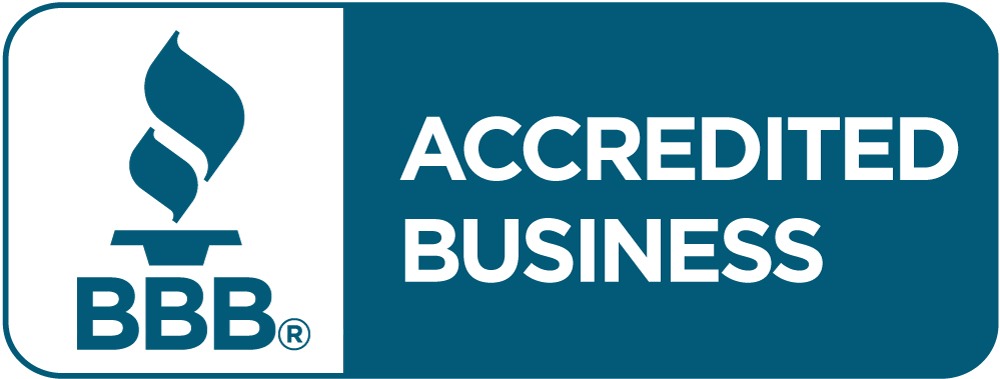
Understanding Medicare: A Guide for 64 Year Olds
There are a lot of changes that come with turning 64, and one of the most essential is getting ready for Medicare. Eligibility starts at 65, but planning frequently starts much earlier. Medicare is a lifeline for many Americans since it pays for doctor visits, hospital stays, and prescription medications.
But it’s also a complicated system with numerous pieces, enrollment windows, and charges that can catch people off guard if they don’t do their research. In 2023, more than 65 million Americans were registered in Medicare, according to the Centers for Medicare & Medicaid Services.
This figure is likely to climb as more baby boomers retire. At the same time, homeowners all around the U.S. are feeling new financial strains as insurance firms raise premiums and demand greater requirements. Medicare demands that seniors pay strict attention to rules and deadlines, just like insurance companies require more from property owners. Being 64 and understanding Medicare isn’t only about health insurance; it’s also about having money in a time when every dollar counts.
What Medicare Is and Why It Matters
Medicare is a government health insurance program that mostly helps those 65 and older, but some younger people can also get it if they are disabled. It has a lot of pieces. Part A covers hospital care, Part B covers outpatient care, Part D covers prescription drugs, and Part C, generally known as Medicare Advantage, combines all of these with private plan alternatives.
The program is meant to lower healthcare costs for older Americans, but it is not free. If you have enough job history, you don’t have to pay extra for Part A. Part B, on the other hand, has a set monthly cost. According to CMS, the average monthly cost of Part B in 2023 was $164.90. That number might not seem too bad, but for retirees on fixed incomes, the expenditures mount up quickly.
Enrollment Rules You Need to Know at 64
The initial stage at 64 is to comprehend enrollment schedules. The initial Enrollment Period begins three months prior to your 65th birthday and lasts three months. Failures to attain this window may result in indefinite penalties. In fact, the example is that you can get Part B coverage at a premium 10 percent higher with each year you choose not to get it. This is like the homeowners’ insurance companies punish those failing to meet the new safety precautions-late planning can result in high costs in the future. Advance knowledge of rules will save on money and hassle.
Costs and Out-of-Pocket Expectations

Medicare cuts costs but does not abolish them. Other than monthly premiums, deductibles, copays, and coinsurances exist. According to AARP, the average Medicare recipient in 2021 spent $6,168 out of pocket on medical expenses, such as premiums and uncovered care. The number has been increasing. To draw some comparison, homeowners are experiencing some of the same positive trends when it comes to their insurance bills.
The Insurance Information Institute found that homeowners’ insurance premiums increased more than 12 percent in the period between 2021 and 2023. These two systems follow a broader trend in the U.S.: people are being requested to contribute more of the cost of the protection that previously seemed more secure.
Prescription Drug Coverage and Its Importance
Planning is also needed for Part D medication coverage. One of the main worries for retirees is how much their medicines cost. KFF says that more than 90% of people who get Medicare use at least one prescription drug, and one in three take five or more. If you don’t sign up for Part D because you feel healthy at 65, you could end up paying a lot of money because late enrollment penalties last forever.
Drug coverage is also getting more expensive since new medicines are making the whole system more expensive. This is like how insurance companies are raising homeowners’ rates when claims and natural disasters happen more often. Managing unforeseen risks is what protection is all about nowadays, whether it’s for health or property.
How Medicare Interacts with Other Coverage
If you are 64 and still working and have health insurance through your job, you might be able to put off some elements of Medicare without getting in trouble. The most important thing is to look at your current plan and Medicare’s options and choose the one that will save you the most money.
Some people think that Medicare is a better deal at 65, while others would rather wait until they retire. This choice is similar to determining whether to keep your basic homeowners policy or switch to a more complete one. It all relies on your specific circumstances and how much risk you’re willing to take.
Planning for Long-Term Care and Hidden Gaps

Long-term care is one of the most misconceived elements of Medicare. Custodial care such as help in daily living activities, such as bathing or eating, is not covered by Medicare. They are most commonly paid out of pocket or via Medicaid to eligible people. The Department of Health and Human Services estimates that close to 70 percent of older adults will require some sort of long-term care.
Families may have to deal with unexpected and staggering costs without preparation. This can be likened to residential house owners who are taken by surprise when the insurers require them to upgrade their houses at high costs to fit the new insurance. The greatest defense is preparation and awareness.
Conclusion
Thinking about Medicare when you are 64 is not about enrolling when you turn 65. It includes knowing when to enroll, when to pay premiums, how to plan out-of-pocket expenses, and making decisions that fit your lifestyle. As healthcare expenditure on Medicare is projected to increase to $1.5 trillion by 2030, as per CMS, the system is strained, and its beneficiaries are likely to contribute more.
Meanwhile, U.S. homeowners are getting pressed by insurance companies, both in terms of rising premiums and in terms of more rigorous property requirements.
These two realities demonstrate the importance of planning and securing the things that are most important. You can save money, prevent penalties, and save your future healthcare by simply taking some time and learning about Medicare. For practical guidance and support, visit Jessalyn Pito and get the clarity you need to move forward with confidence.
Remember, people don’t stress when they call Jess!
This is a solicitation for insurance. Not affiliated with the U. S. government or federal Medicare program. We do not offer every plan available in your area. Any information we provide is limited to those plans we do offer in your area. Please contact Medicare.gov or 1-800-MEDICARE to get information on all of your options.










